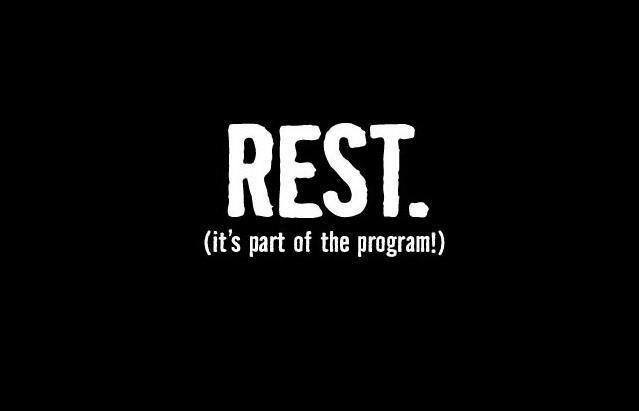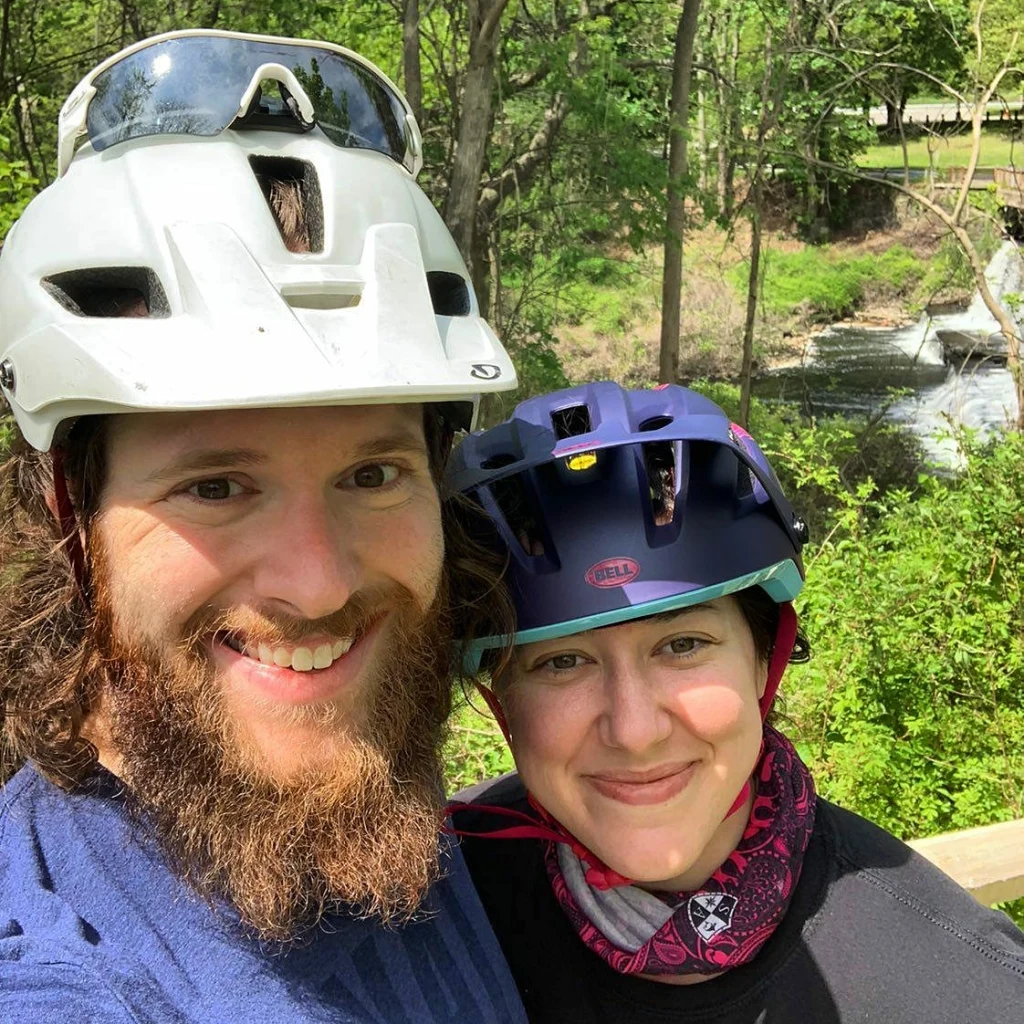Yesterday I took my first trip to Mountain Creek Bike Park in Vernon, New Jersey. I’ve skied at Mountain Creek three times before, and have been dreaming about riding there since I found out that mountains can multitask. Now that I’ve got me a bike, I figured I was ready to roll.
My browsing history for “Mountain Creek Bike Park” shows all purple links; I’ve read every site, I’ve watched every video. I’ve been rekindling the action sports love affair I had as a kid; perhaps you can call it a quarter life crisis. Instead, I prefer to call it “Practical Applications of Psychology & Physics.”
Have you heard the phrase, “Lean into discomfort?” It’s a favorite of the 1% Better-ers, those who are constantly striving to explore personal growth. That’s not sarcasm, that’s affection. It’s hard for me to feel patient with 1%: It’s such a small number. It feels so insignificant. Leaning into discomfort just seems so tame compared to jumping or leaping into discomfort. When physics forces you to lean, however, it can be pretty scary.
The laws of physics don’t wait for you to be comfortable. They don’t turn off. Gravity isn’t a theory that comes and goes as you please. When you’re faced with breaking rules, physics is not the one to break; you are.
Remember when you were in school and the content being taught didn’t seem to matter that much to you? I have a feeling that it would have made a lot more sense if you were moving at the same time. What if those parabolas were taught on the driving range? What if levers were explained while learning to swim? We would better know how to take care of ourselves if we realized that physics and phys ed are the same thing.
That’s not how it’s done, and often we fail to recognize brilliance in both science and sport. That’s why many of the best athletes can’t exactly explain what they do, and the best scientists can’t do what they can explain. We’re getting closer, though.
A few months ago I read a book named “The Rise of Superman” which looks at action and adventure sports through the lens of Flow psychology, “an optimal state of consciousness in which we perform and feel our best.” In the book, author Steven Kotler discusses that the state of flow is most often achieved when the athlete is challenged at about 4% more then their ability level. They’re not getting 1% better; they’re getting 4% better. That’s closer to a number I can jive with.
While riding at MCBP yesterday, I was definitely more than 4% outside of my comfort zone. Even their greenest trails were faster than anything I’ve ever ridden before. There were rocks, everywhere. Why the hell were there so many rocks? It was perfect.
I took 5 runs before I even stopped to think about what was going on. I took some tumbles along the way, but nothing too bad. (“Too bad” is in relation to what happens at Red Bull Rampage. This isn’t what I had in mind.
As popular as Lean Into Discomfort may be, I believe it’s misunderstood. I’ve admitted to not entirely understanding it, and I’d be foolish to rely heavily on my physics and psychology framework. Leaning into discomfort isn’t about cornering a turn. It’s about getting comfortable being uncomfortable. It’s about doing more of the things that scare you.
This doesn’t mean you should go sky diving, swim with sharks, or walk across glowing coals. I’m not thinking about actions; I’m thinking about thoughts. How often are you uncomfortable? How often are you scared? How often do you feel that you grow as a person?
My tongue-in-cheek game plan is often, “Go really fast and try not to die.” In reality, it’s closer to, “Challenge yourself at a level that forces you to be completely immersed in this experience.” For me, riding a bike is great exercise and excitement, but it’s more than that. It’s not being able to check my e-mail, or Twitter, or counting reps to log on Fitocracy. Hurtling down the trails at Mountain Creek wasn’t about an adrenalin rush, but about mindfulness.
How many times have you heard motivational quotes framed with the foreboding of, “If you’re not growing, you’re dying.” The must-conquer-all world view that comes with that is slightly limiting, for my beliefs. Instead, take a lighter, but still heavy, “If you’re not challenging yourself, you’re stagnant.” Finding that appropriate challenge is what life is all about; embracing opportunities to get better, and in some cases, missing that the first time.
Being scared of the trail isn’t huge; pay attention in science class, in physical education, and you should be fine. (Parents; put your children in as many movement activities as possible.) Being able to step away from the learned obsession of multitasking, of checking two devices and three apps at once, that is a challenge for me.
And ya’ know what? I’m figuring out how to do that. And it’s pretty damn fun.







Leave a comment